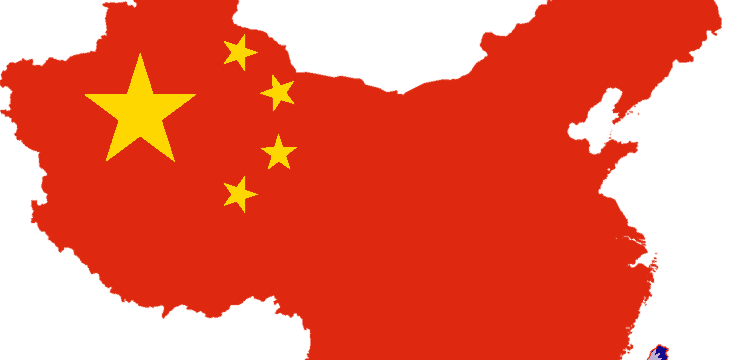China has been around for ages, but it’s only recently that many are feeling its weight. It has come to Kenya and Africa at large with a bang, and we are all the better off for it. In Kenya, we have witnessed the funding and construction of high value infrastructure projects such as the Standard Gauge Railway (SGR). Many other though less noticeable projects dot the country and are expected to spur development in the near future. But of late we have also witnessed traders lamenting the influx of Chinese traders in the market. Business people in Gikomba, Malindi hoteliers, and recently tour guides in the Mara. All these and others are complaining about Chinese encroaching on their livelihoods. It’s a narrative that may not auger well for China long term ambitions.
There is also the issue of fake and counterfeits products in the country. Companies some listed in the NSE have seen their market shares eroded by fake and cheap substitutes from among other countries, China. Whereas it should not shoulder the blame alone, it must play its part. It should also go a step further and help the growth of our local industries. For instance, KAM had complained about the 40% local content: business people were winning tenders based on local manufacturing, then going to china for supplies once they win.
China should complement not compete against Kenyans. This is critical more so in the informal sector. Most African countries have high unemployment rate and the informal sector hosts the majority of the employed. Competing against it will breed resentment particularly now when cost of living is high and many are looking for a scape goat. Politicians easily pick up on those resentments. Recent elections in developed countries have seen upheavals due to issues like migration. When people feel threated, they tend to vote out leaders who seem not to be looking out for them. The current increased scrutiny on work permits, while not aimed at China, should serve as a wakeup call.
On the high value infrastructure projects, China should move to dispel security fears. The African Union office in Addis Ababa, was built by the Chinese. Afterwards there were talks of bugs and secret spying devices planted in the meeting rooms. While it may not be proved such allegations do not instil trust. It’s also not lost to many observers that countries in Europe e.g. Germany, Australia and U.S. are having reservations about Chinese companies building their networks.
Also, try to improve on the transparency of these projects especially funding. All things considered, maybe Chinese give us the best deals on loans and grants. But if it’s shrouded in secrecy, the citizens will never know. And where there are no facts, theories abound. Right now, almost every person knows that our national debt is out of control and thinks China is to blame. There is talk that the land may be ours but the SGR is Chinese. While this may sound farfetched, one can’t overlook the takeover of the Sri Lankan port by Chinese due to debts. Allaying such fears would go a long way.
Consider the proposed expansion of Nairobi Mombasa highway. Maybe the American companies will build it or maybe not. Whatever the outcome, the current discussions in the public domain are healthy.
In conclusion, the British and Europeans have the baggage of colonialism, and Americans are known for their meddling in others affairs in the name of democracy. Institutions like IMF have so many strings attached we are seeing their hand in the VAT increase and uncapping of interest rates. But Chinese are relatively new and their reputation is still a work in progress. If their goal to partner with Africa for mutual, sustainable and long term growth is to be fulfilled, they have their work cut out for them.
Kariuki Gathuitu
Pobox 75704-00100
Nairobi



